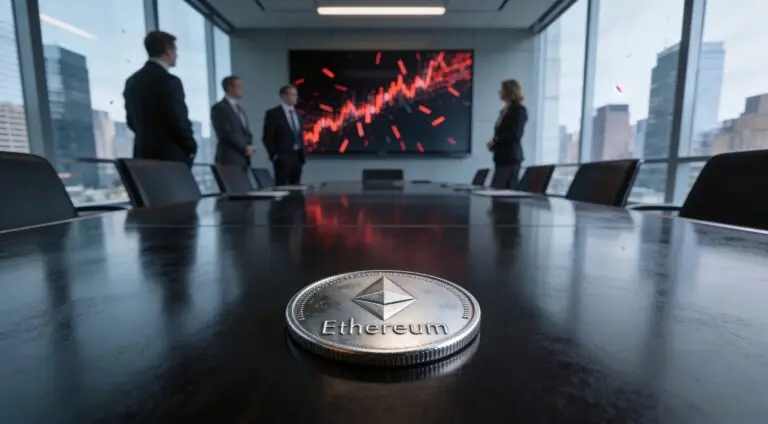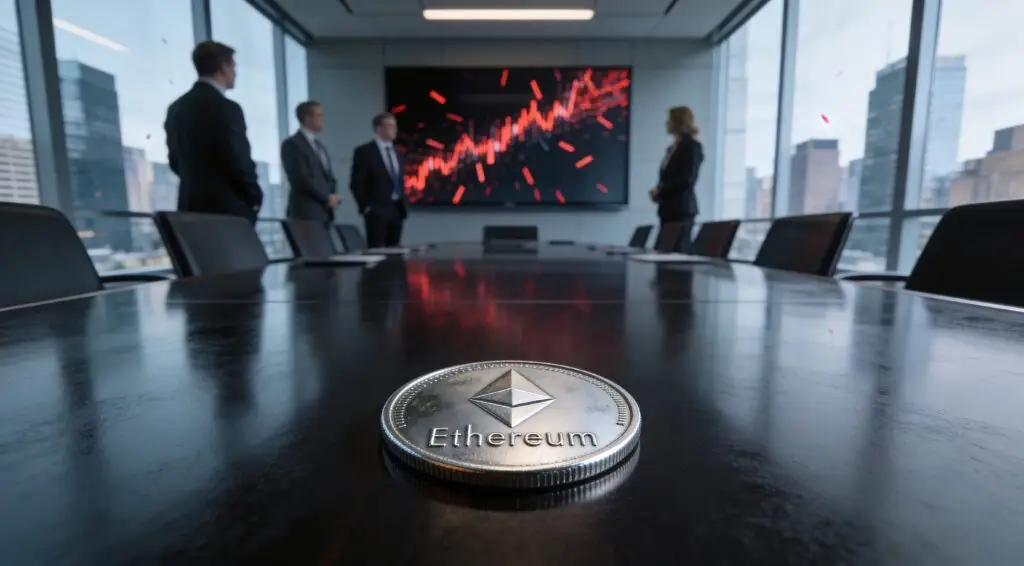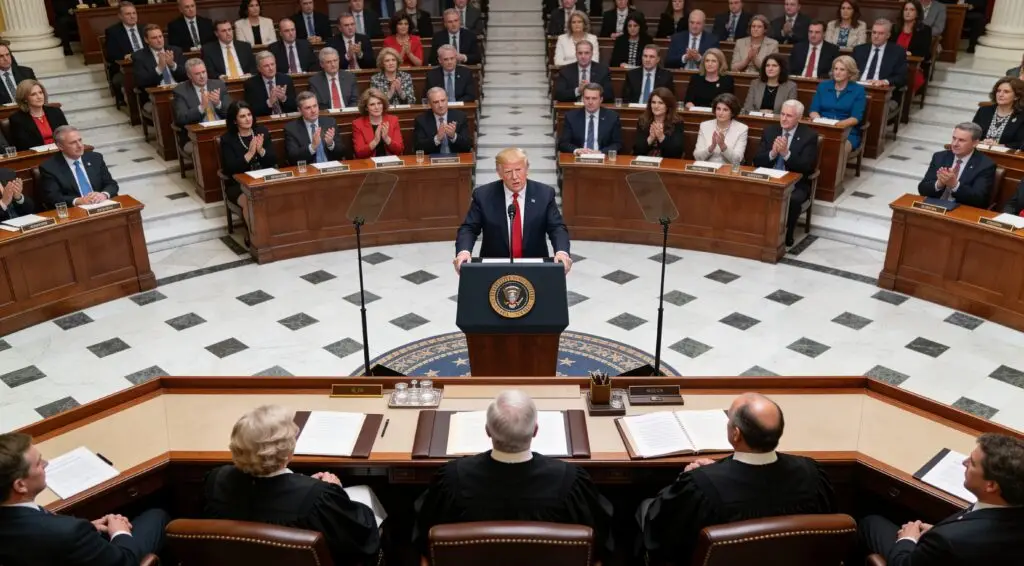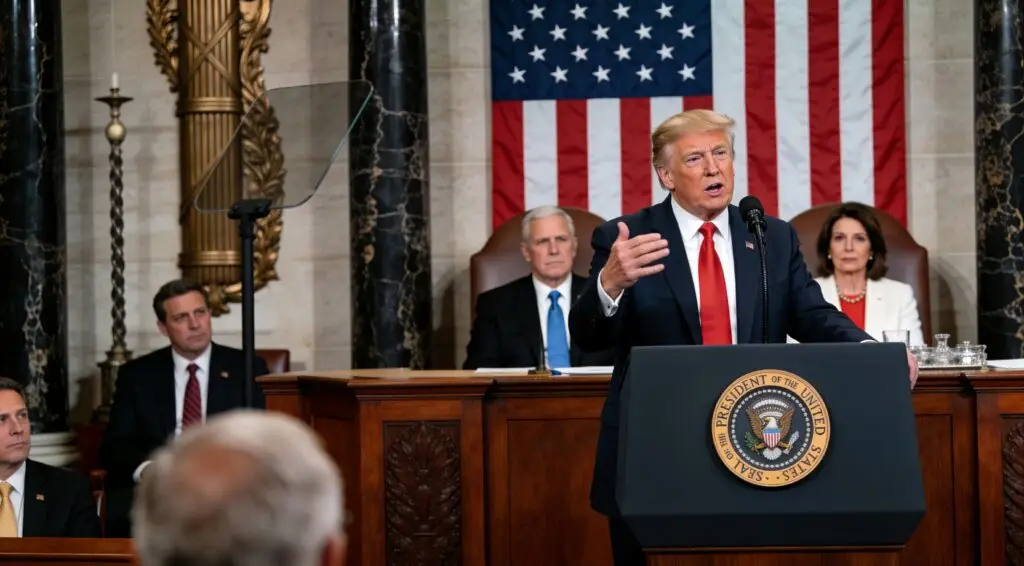STRASBOURG— In a significant show of cross-border cooperation, Financial Intelligence Units (FIUs) from across the European Union gathered in Strasbourg this week to address growing concerns over the use of crypto-assets and decentralised finance (DeFi) for money laundering and terrorist financing.
The high-level roundtable, co-organised by the Council of Europe, the French FIU (Tracfin), and the European Commission’s Directorate-General for Structural Reform Support (SG REFORM), marks the culmination of a groundbreaking project under the EU’s Technical Support Instrument (TSI). The initiative, titled “Development of Tracfin’s expertise on digital finance and virtual assets,” has been a pioneering effort to bolster Europe’s financial intelligence in the digital age.
Uniting 25 FIUs to Share Strategy and Innovation
Bringing together representatives from 25 EU member state FIUs, as well as experts from the European Commission, the newly established EU Anti-Money Laundering Authority (AMLA), and the Council of Europe, the event provided a unique platform to exchange intelligence, national experiences, and forward-looking strategies in the face of fast-evolving threats.
Participants explored the challenges posed by the anonymity, decentralisation, and cross-border nature of blockchain-based technologies. Case studies and insights were shared by FIUs from France, Germany, the Netherlands, Italy, Cyprus, and Lithuania, each highlighting operational responses to criminal exploitation of the crypto ecosystem.
Among the issues discussed were investigative blind spots, sanctions evasion through DeFi, and the increasing need for real-time data sharing. A major point of consensus was the urgent need for stronger cross-border cooperation and harmonised frameworks that can respond to the transnational nature of these risks.
Tracfin’s Role and the TSI Project’s Impact
The Strasbourg event also served to spotlight Tracfin’s enhanced institutional capabilities, developed over the course of the TSI-backed initiative. Over the past year, approximately 200 Tracfin professionals participated in advanced training and analytical activities designed to deepen their understanding of digital finance and financial crime risks.
This investment has already begun to yield results. Equipped with new tools, methodologies, and an improved operational framework, Tracfin is now better positioned to detect, assess, and respond to threats stemming from illicit crypto activity.
The initiative, co-implemented by the Council of Europe and funded by both the EU and the Council itself, underscores the growing commitment of European institutions to keep pace with emerging technologies that criminals may exploit faster than regulators can respond.
Strengthening AMLA and Strategic Dialogue
As discussions turned towards the future, the evolving role of AMLA was brought into focus. Once fully operational, the authority is expected to serve as a central node in facilitating EU-wide coordination among FIUs. Participants noted that AMLA’s leadership will be crucial for aligning national efforts and creating a unified, agile front against money laundering and terrorism financing via digital channels.
The roundtable also reaffirmed the importance of targeted technical assistance and strategic peer-to-peer dialogue. These mechanisms not only strengthen national capabilities but also create the trust and communication channels necessary for joint investigations and data sharing in a rapidly changing landscape.
A Clear Message: Coordination Is Crucial
At a time when innovation in crypto and decentralised finance continues to outpace regulation, the Strasbourg event sent a clear message: collaboration, expertise, and strategic investment in institutional capacity are the EU’s best weapons in tackling the risks posed by digital financial crime.
The activity was part of the broader TSI project on “Development of Financial Intelligence Unit’s expertise focused on digital finance and virtual assets.” Funded by the European Union and the Council of Europe and implemented by the Council itself, the initiative sets the stage for an ongoing, united European response to one of the defining financial security challenges of our time.















